all. I have read a code snippet from a book where the author tries to set the value of a register via direct memory access (he simulates this process). He used reinterpret_cast<volatile uint8_t*> for this. So, after reading his code, out of curiosity I have tried to apply the same code for a constant variable, and I experienced a very interesting output. I inserted the code below which is very simple:
int main()
{
const std::uint8_t a = 5;
const std::uintptr_t address = reinterpret_cast<std::uintptr_t>(&a);
*reinterpret_cast<volatile uint8_t*>(address) = 10;
std::cout << unsigned(a) << std::endl;
return 0;
}
So, my purpose is to change the value of constant variable via direct memory access. I have written this code in Visual Studio C++ 2019 and compiled and run it. There was no any error or warning, but the output was very interesting. The value of a is printed as 5. So, I switched to the debug mode in order to see at each step what is happening. I will insert the images below:
I am sorry to include debugging output as images, but I thought that it would be better to include images, so I will not miss any important detail. The thing that is interesting for me, how the program output is 5, while debugger clearly indicates the value of a is 10? (I even printed the addresses of a before and after the reinterpret_cast and they were the same.) Thank you very much.




